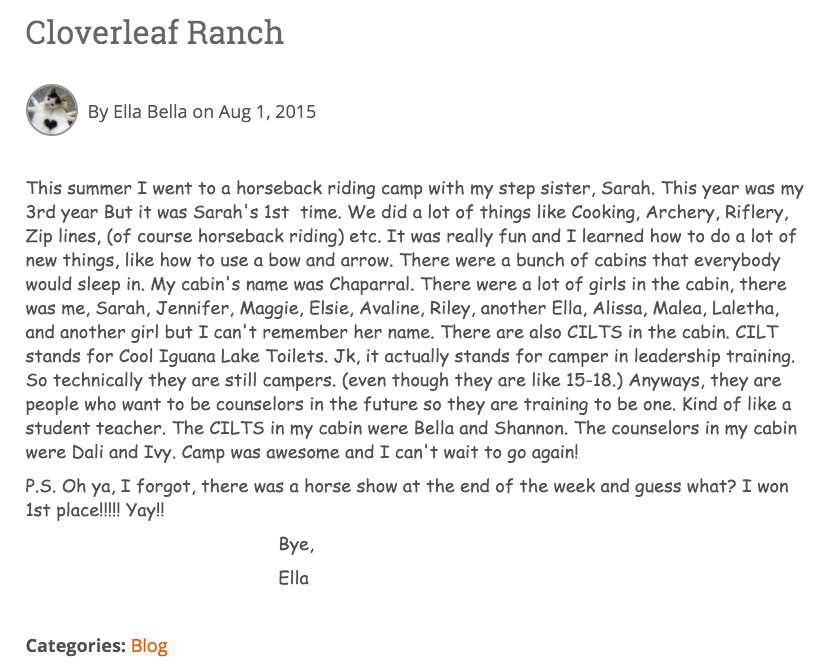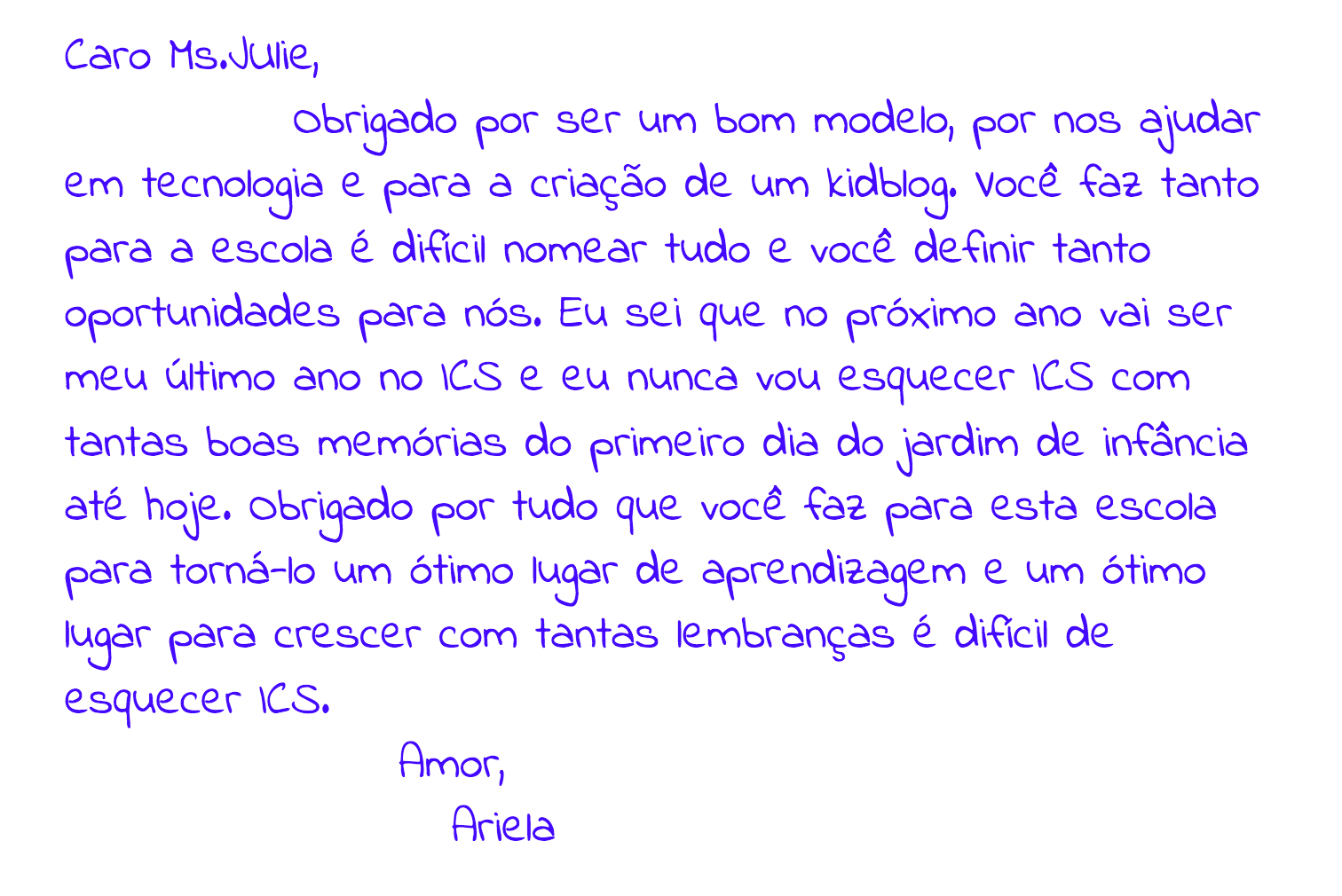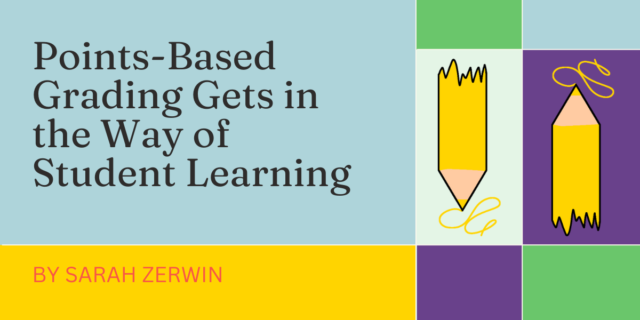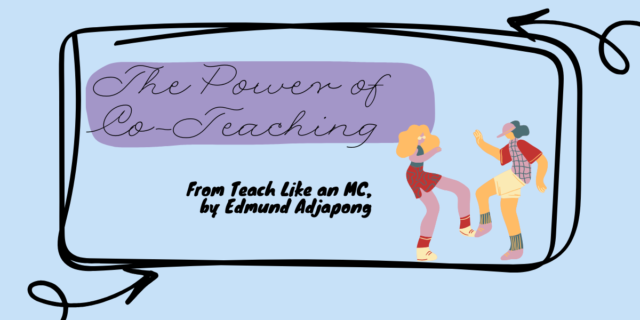
by Julia Nora
Over the course of the 2014–15 school year, as an inaugural member of the Heinemann Fellows, I conducted action research that focused on integrating Information and Communication Technology (ICT) into teaching and learning in meaningful ways. (You can read more about this work here)
At the beginning of the school year these fourth graders judged “good” writing to be that which was neat or grammatically correct, and saw the purpose of writing to be the completion of a school assignment. As a result, over the course of the school year, my co-teacher and I worked diligently to build the identity of our students as real writers with real purposes. We celebrated them as writers, gave them writing assignments with authentic audiences, and exposed them to professional writers. Maya’s blog post (above) to my co-teacher Chrissy is just one example of students beginning to see themselves as real writers.
Students also started to write for real purposes that they chose. For example, here is an unsolicited thank you written in Portuguese by Ariela, which she posted at the end of the school year:
Translation:
Dear Ms. Julie,
Thank you for being a good model, for helping us with technology, and for creating the Kidblog. You do so much for the school that it is difficult to list it all and you create so many opportunities for us. I know that next year is going to be my last year at ICS and that I will never forget ICS and the many great memories-from the first day of kindergarten through today. Thank you for all that you do for this school and making it the best place of learning and the best place to grow with so many memories, it is difficult to forget ICS.
Love, Ariela
Or an example when Ella used her blog over the summer to share her experiences:


Both Ariela and Ella chose to write to either express a sentiment or to share an experience. Neither was required to. Another student reported that he started a diary and writes in it more than once a day.
One finding from this research was fairly simple: students rise to what teachers ask of them. These fourth graders, who were given opportunities to see themselves as real writers with real audiences and purposes, did just that. They came to see themselves as real writers and began to write for real audiences and self-initiated real purposes.
♦ ♦ ♦ ♦

Julie Nora is the Director of the International Charter School in Pawtucket, Rhode Island. Her action research seeks question is, "How will having an authentic writing task for global audiences impact student engagement in writing and the quality of their writing in a Two-Day Immersion setting?"



